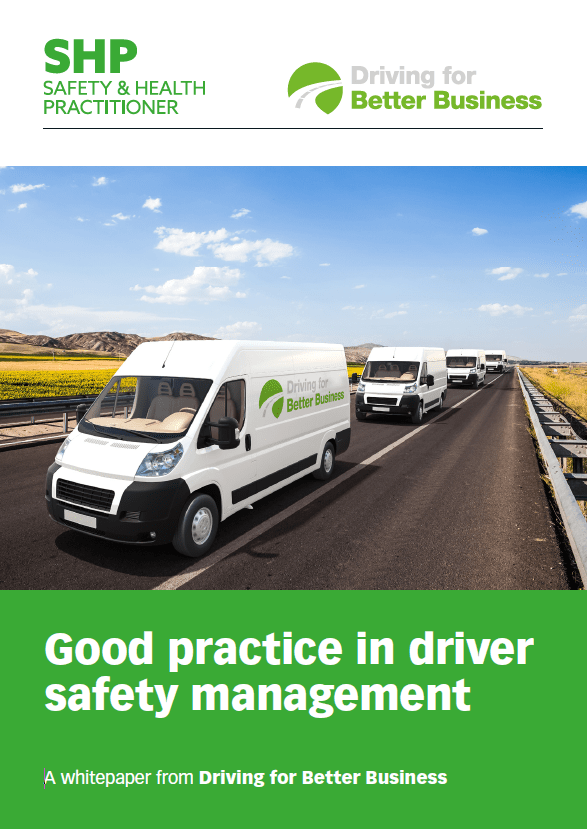A union has demanded that Network Rail recoup part of the bonuses paid to directors after claims that the company under-reported the number of minor injuries among its workers.
Network Rail’s safety record is taken into account when its remuneration committee awards bonuses. The Unite union says that seven directors earned £2.36m in bonuses last year despite being informed by the rail industry watchdog, the Office of Rail Regulation (ORR), that it was concerned about its procedures for reporting RIDDOR incidents.
According to Unite, Network Rail set up management league tables where managers would have points deducted for RIDDOR incidents. The company has apparently agreed to review its use of the league tables, which the union believes acted as an incentive for managers to under-report accidents.
The union has also suggested that if workers could perform light duties three days after an accident then the company had deemed the accident as non-reportable. Under RIDDOR, all injuries to workers sustained in an accident connected with work that result in them being “unable to do their full range of normal duties for more than three days” must be reported.
Unite’s national officer Bob Rixham said: “It’s outrageous that senior directors can walk away with huge bonuses when Network Rail wrongly boosted its safety record. Network Rail’s chairman must ensure that part of the bonuses paid to director are recouped.”
He continued: “Behind the statistics are real people who have been injured at work. It’s scandalous that Network Rail has been underplaying these incidents. The directors should be held to account because these practices go all the way to the top.”
When the decision to award the bonuses was made in June, the ORR underlined its concerns on “safety, asset management and efficiency”. It said: “Network Rail’s review of its management incentive plan must be fundamental. It must result in a framework that focuses incentives and rewards on exceptional long-term performance.”
However, more recently the regulator has recognised the efforts of the company to improve its reporting systems, and notes that the normalised accident frequency rate (AFR) for the period 27 June-24 July 2010 was 0.305 – almost double the AFR quoted in Network Rail’s 2009-2010 annual report.
In a statement issued to SHP, director of railway safety at the ORR, Ian Prosser, said: “Both ORR and Network Rail members have expressed serious concern over the company’s under-reporting of minor injuries. With that in mind, it is encouraging to see that Network Rail’s latest data on injury reporting is shifting towards ratios we would expect. It is an early indication that the steps Network Rail has recently taken are having a positive impact. €ᄄ€ᄄ €ᄄ €ᄄ“However, we must keep a very sharp focus on the importance of preventing any harm to workers at any time – and we will continue to work with Network Rail, workers and their representatives to ensure that risk of all injuries to workers is minimised.”
A Network Rail spokesperson said: “Network Rail takes the safety of its people extremely seriously. Our chairman met [Unite’s] Mr Rixham and other Network Rail members last week to discuss the issues around the reporting of workforce incidents, such as slips, trips and falls. It was agreed at that meeting that the chairman would write to all members very shortly to address the issues raised.”
This eBook will guide you through some of the key understandings you need to be able to manage driver safety effectively and, at the end, provide a series of free resources you can access to help you ensure your own driver safety management system is robust, legally compliant and in line with industry-accepted good practice.
Download this eBook from Driving for Better Business and SHP to cover:
- Why do we need to manage driver safety?
- Duty of care – a shared responsibility;
- Setting the rules with a driving for work policy;
- Managing driver safety;
- Ensuring safe vehicles;
- Safe journeys and fitness to drive;
- Record keeping;
- Reporting;
- The business benefits of good practice;
- Additional resources

